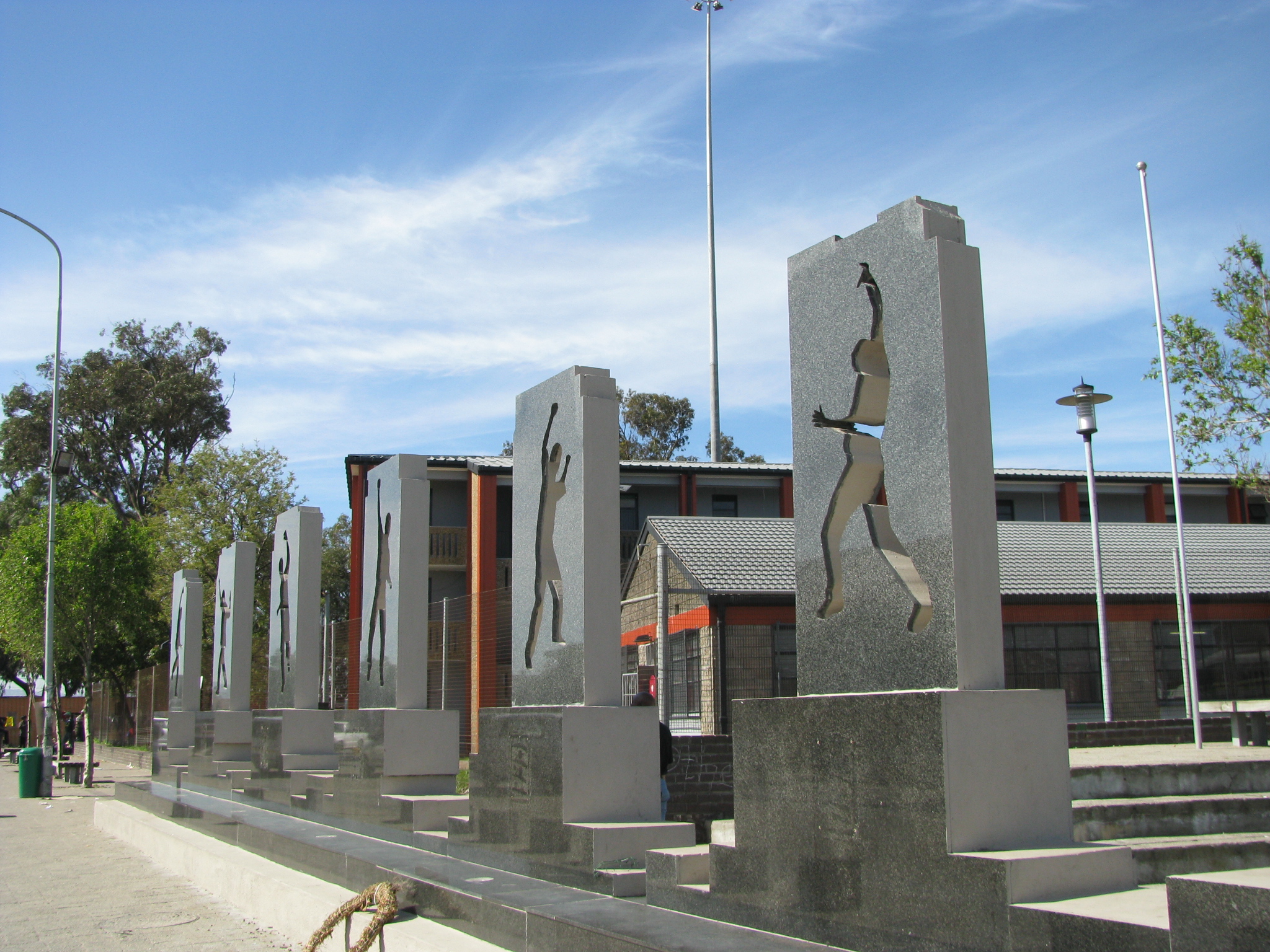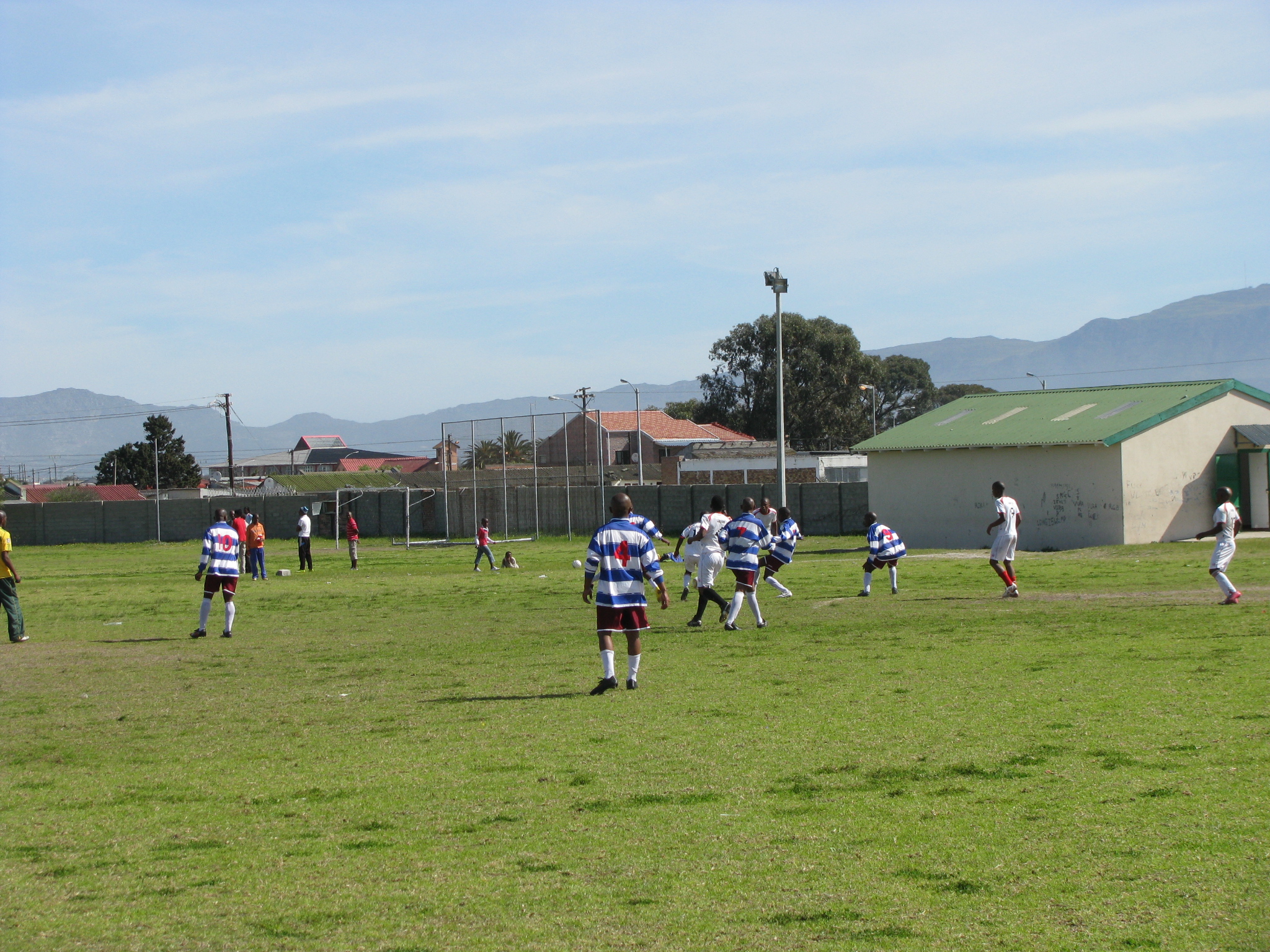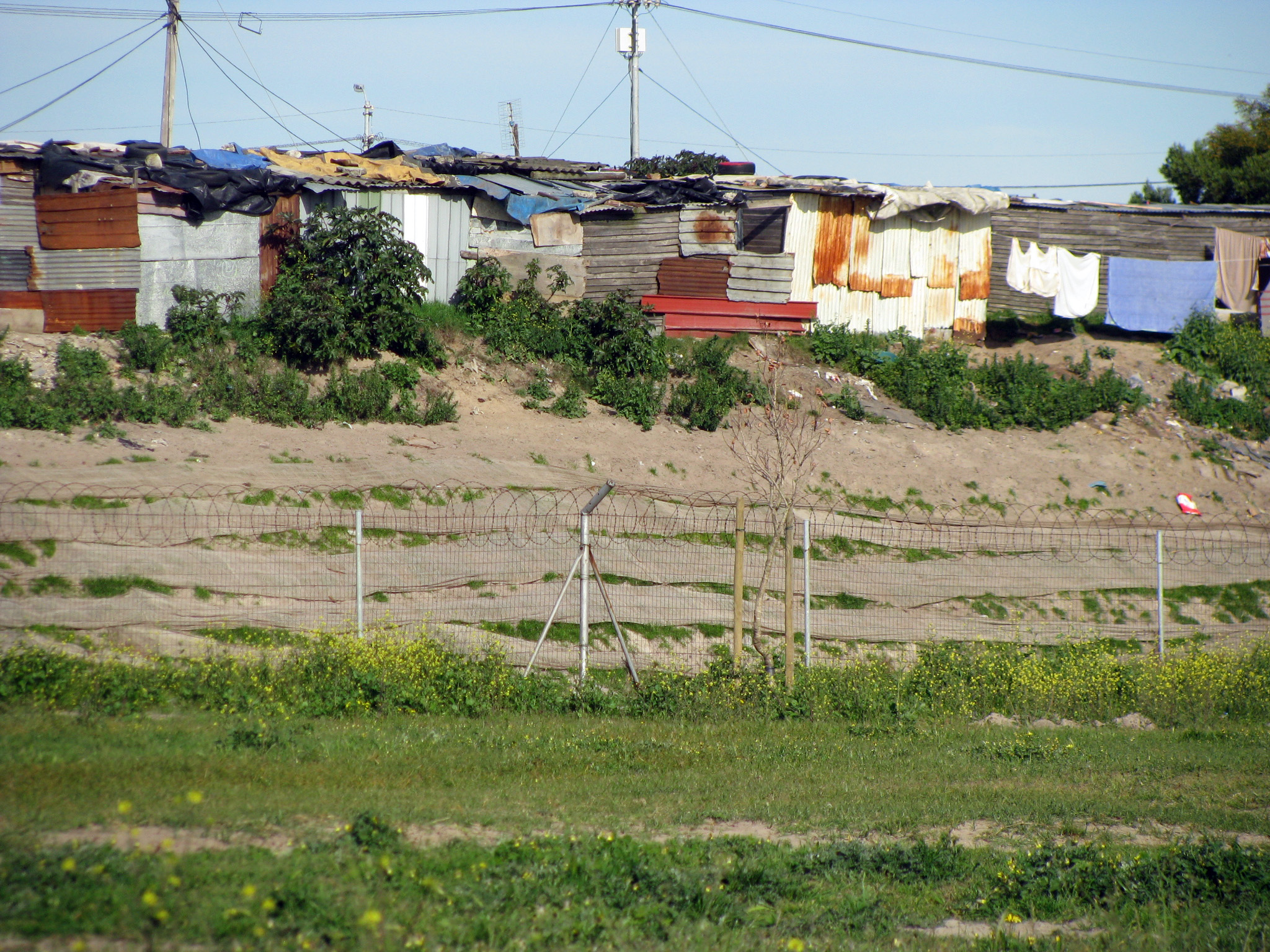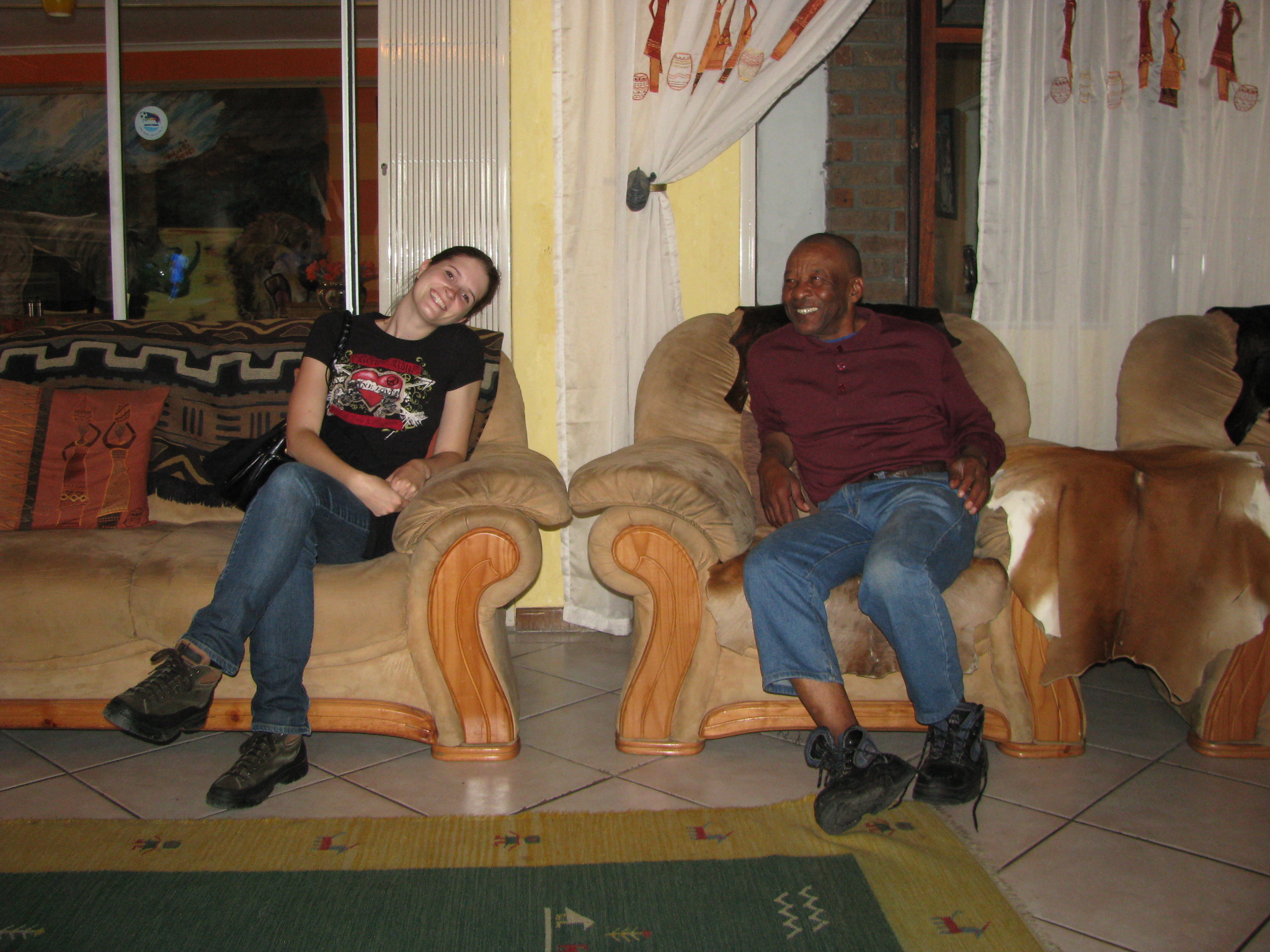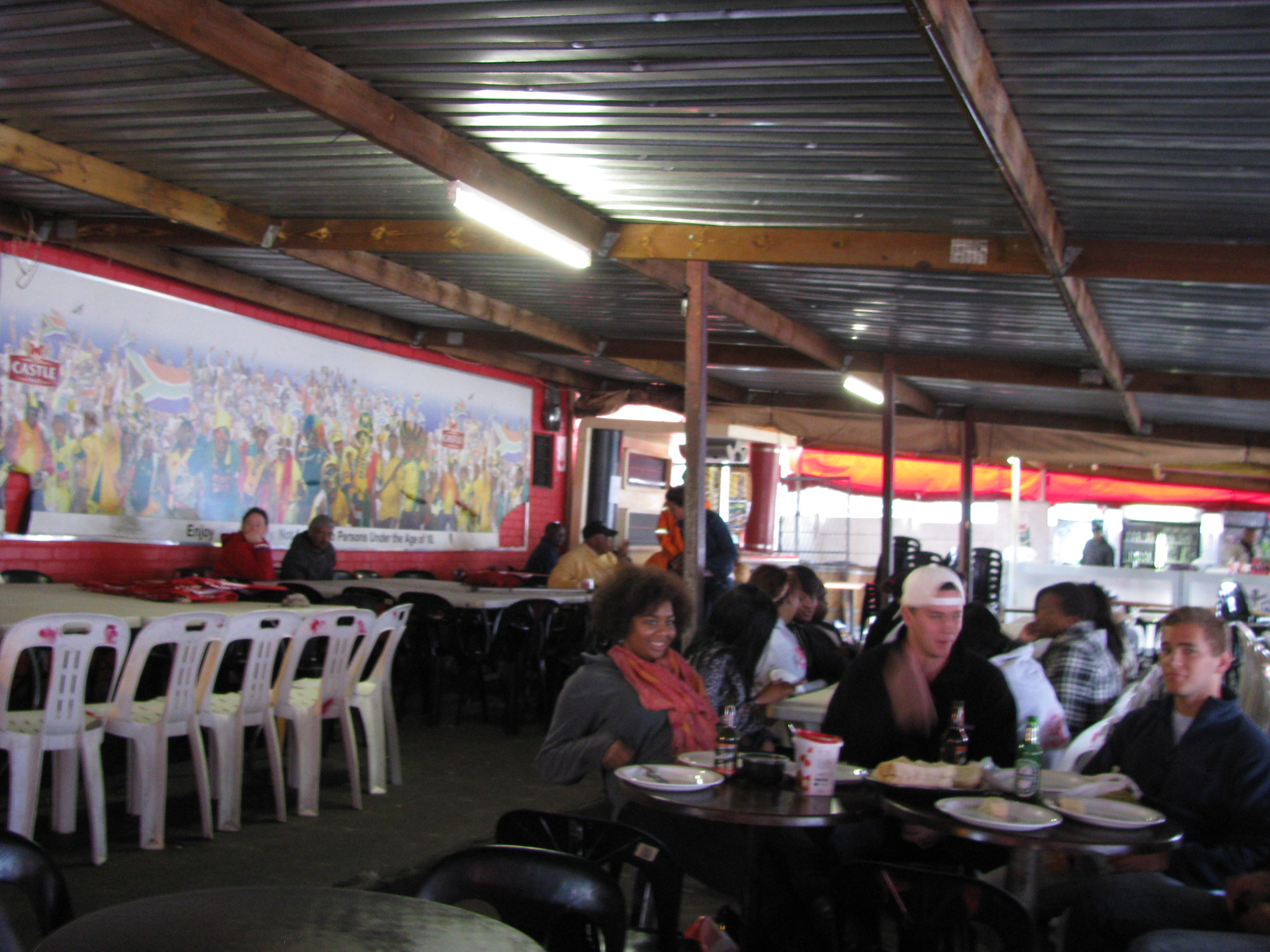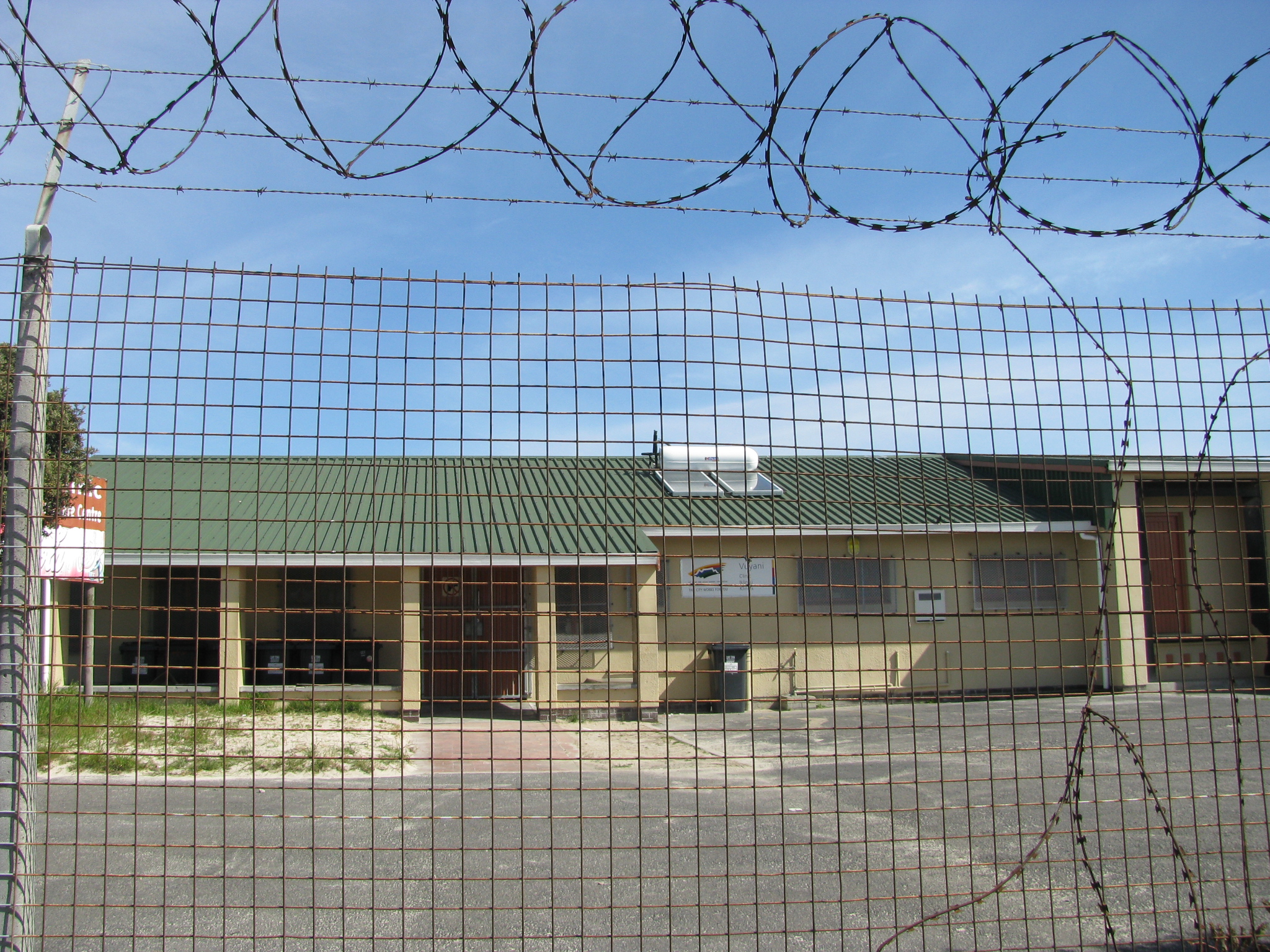My first visit to a township
My fellow intern Natalia and I spent the weekend in Gugulethu, one of the larger townships on the outskirts of Cape Town. If you don’t know what a “township” in South Africa is, basically think of it like a ghetto, though with worse facilities than we would even associate with a ghetto. The first townships started in the early 20th century, when white South Africans believed that blacks were spreading bubonic plague and needed to be separated from the white population. Once apartheid became official in 1948, the authorities didn’t even need the pretence of disease to ship out all the black folks — they could put them wherever they wanted for no reason at all. Millions of black people were forcibly relocated to these all black “townships,” where the housing provided was often just a tiny, 3-room box with no electricity or running water. The many women who worked as maids for wealthy white women would stay in town during the week, only seeing their families on the weekend. Families were often broken up when men were sent to mining camps, only able to see their families once every few months. Black residents weren’t allowed to leave the township without a special permit, and even then, only during the day. Black people found breaking curfew would be thrown in prison. Honestly, the stories of terrible treatment of blacks during apartheid are astounding, and far worse than I had realized when I was younger and apartheid was actually going on.
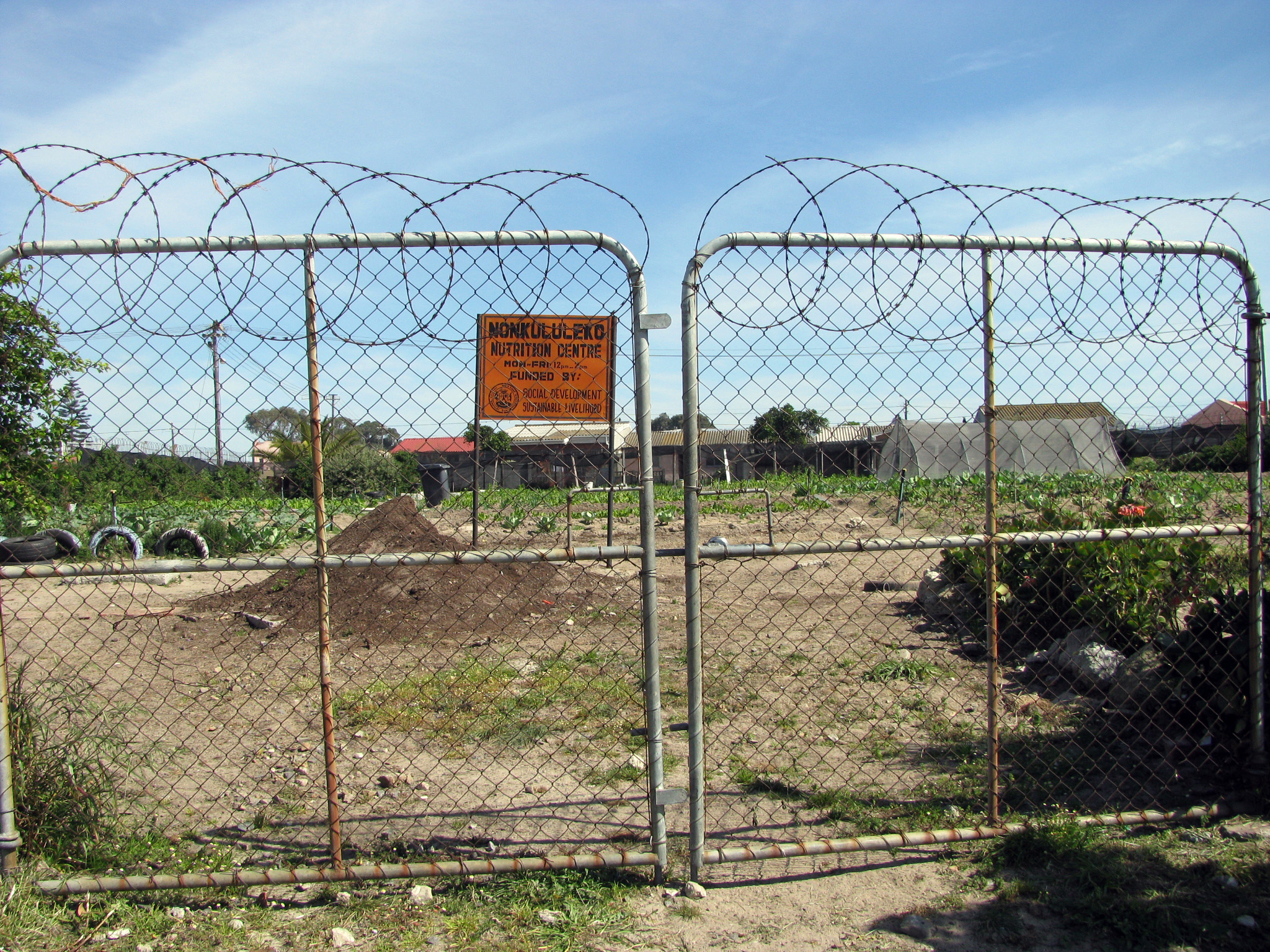
Today, while black people are of course allowed to leave the townships, many don’t, either due to lack of money or a sense of community pride. When visiting a place like Cape Town, most visitors see the bright white mansions lining the ocean or the fashionable buildings along the Waterfront, and it seems like a pleasant, affluent, modern city. But actually, 2/3 of the population of Western Cape live in townships. If you get on a commuter train in the center of Cape Town heading east, within 20 minutes you will see rows and rows of small, dilipidated brick houses lining dirty streets. 10 minutes later it will turn into swarms of thousands of shacks made of corrugated metal sheets. Whole families live in these shacks, crowded sleeping side by side, using a bucket as a toilet, cooking over a small paraffin stove.
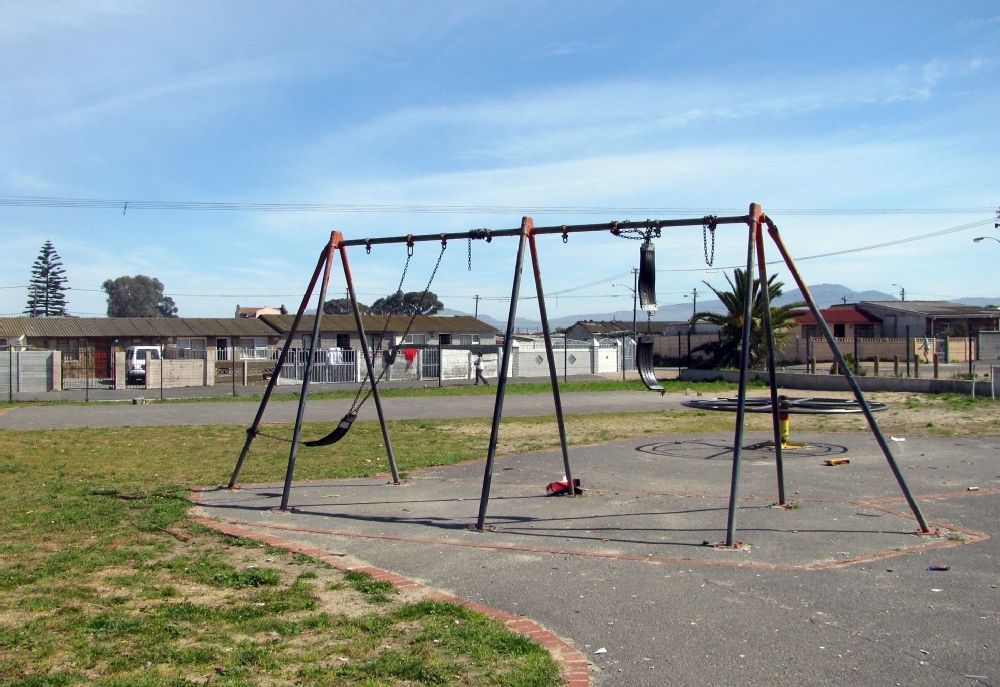
We took the train in on a Saturday. Felt a bit out of place being the only white folks on the train, and when we got off we heard some people making a joke at our expense — something about us looking for “first class.” Oh well. I don't mind soft jokes like that at my expense - after all, I'm the foreigner here. Our B&B host picked us up — he turned out to be a real character. A 62 year old man named Donald who grew up in the township and built his current house out of recycled bricks over a period of 8 years! The B&B is called Liziwe’s, after his wife, who also cooked us a wonderful dinner and breakfast. We met a number of the members of their extended family as well, and they were all incredibly friendly and open. Over dinner, we talked for a long time with Donald and his nephew Sipo, and got to hear a lot about how the culture in the township has changed over the years. The townships do have a very big problem now with unemployment, crime, and alcoholism. I think that it’s very encouraging to see entreprenuers like Donald doing well, but he’s definitely the exception. Donald dropped out of school at age 14 to work in a toilet paper factory, and only a lifetime of scrimping and saving has gotten him to where he is now. His father left when he was a baby, and his mother was one of those maids coming home only on the weekends, and sadly she died of liver-failure from alcoholism. Now Donald’s kids and grandkids go to private schools outside of the township, and his step-daughter is a banker living in the posh neighborhood of Sea Point! An amazing achievement, but not something that many people can imitate.
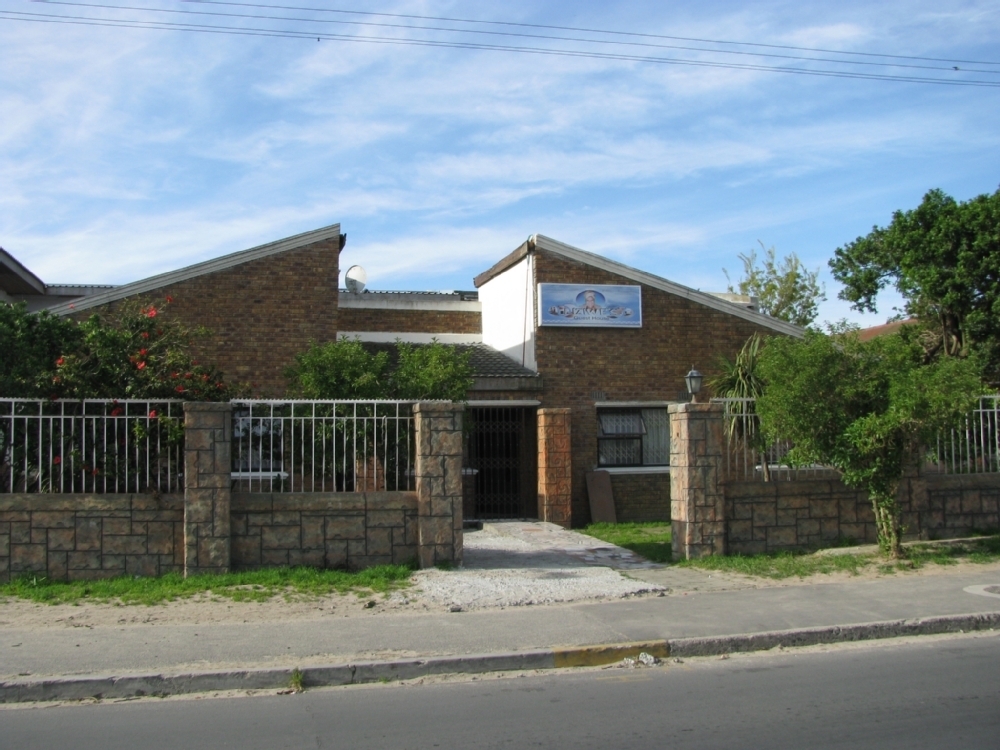
On Sunday one of our guides from Saturday, Andrew, took us to Mzoli’s, a scrappy semi-outdoor restaurant that is probably the most well known thing in Gugulethu. It’s the one place that even rich white kids from the city will visit. On weekends it becomes hugely crowded, with waits up to 2 hours long. It also has security guards, which does comfort everyone’s sense of unease at being in a township. Sadly, while we were there it started to rain really heavily, so we all huddled under the tent enjoying our meat. Still fun, but apparently when the sun shines there’s more of a “party vibe,” with lots of people outside dancing.
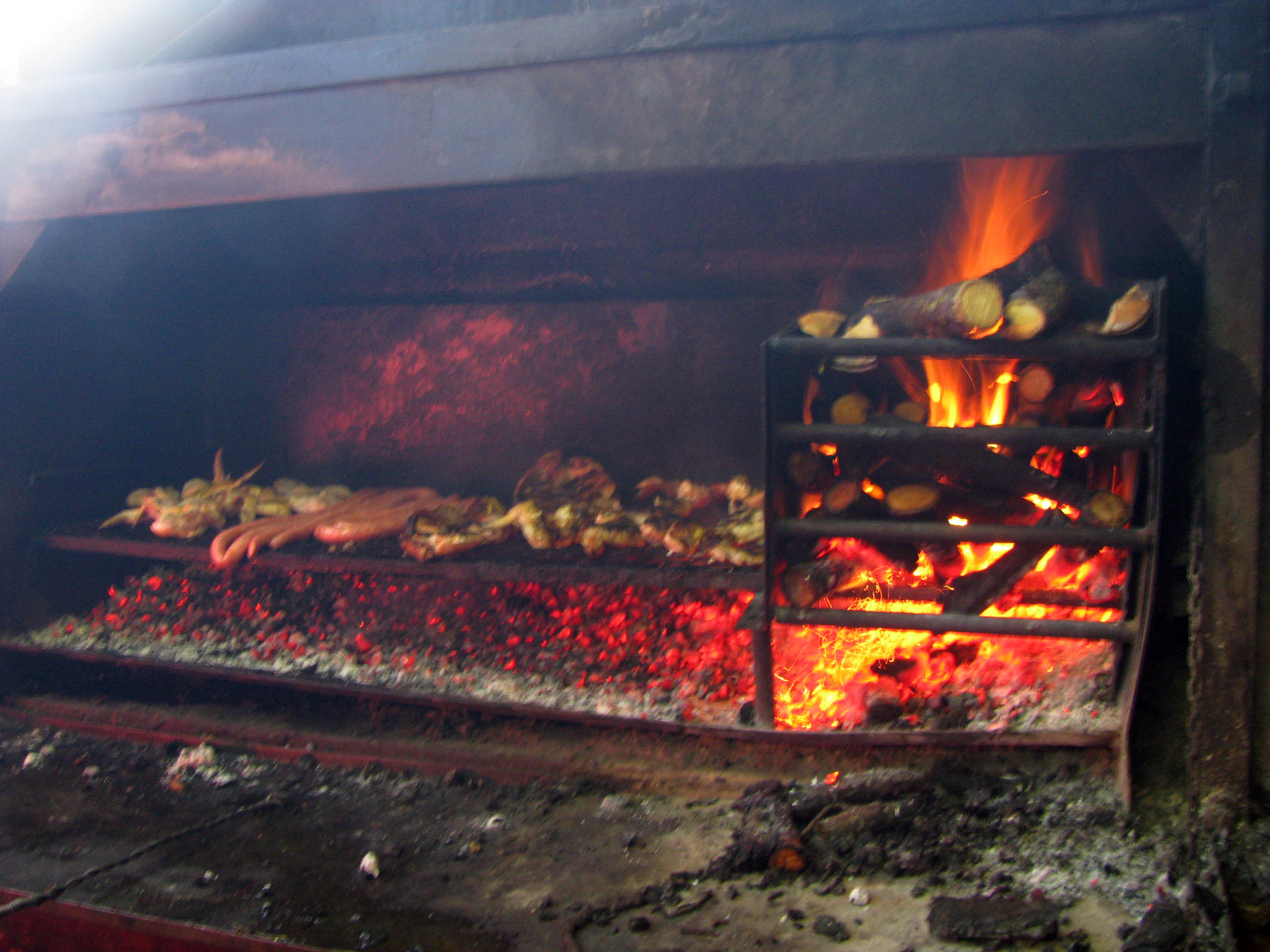
This may have been my first venture into a township, but I hope it won’t be my last. I’ve met so many white folks with a tremendous fear of the townships, which I think is really too bad. And while of course being a white person in the township makes you stand out, if nobody ever goes there, then things will never change. Natalia and I have even been discussing having my birthday party at Mzoli’s. It would certainly be cheaper than a downtown restaurant, the only tricky part would be figuring out convenient transportation.
